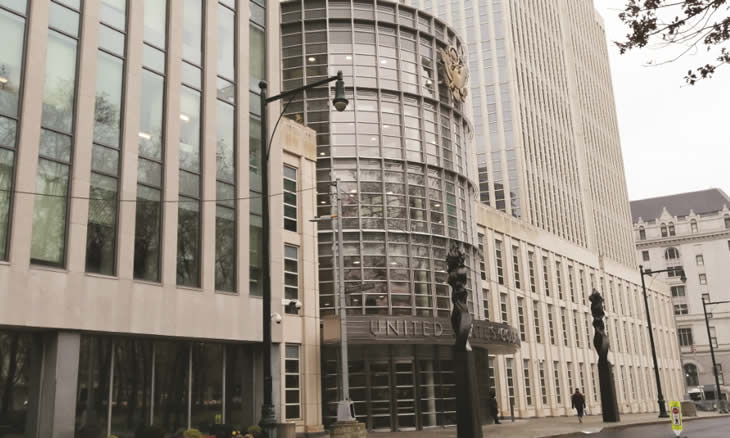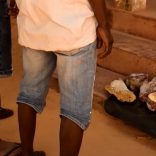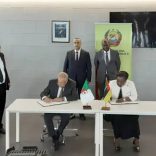Mozambique: Child attacked by pit-bull died in hospital, police confirms - Carta
When Mozambique first got into debt it was able to pay, expert tells US court – report

Photo: O País
His name is Chudozie Okongwu, and he specialises in international trade and emerging markets. When this expert witness testified on Monday in favour of Privinvest executive Jean Boustani, he brought a PowerPoint presentation to the Brooklyn court which he said took him 100 hours to prepare and aimed to show that when the loans were contracted, Mozambique “had everything to succeed.”
Every explanation Okongwu gave was in response to questions from Randal Jackson’s team of lawyers. He began by explaining the context of the debt contracting, stating that the country had just discovered “several deposits with innumerable amounts of natural resources”, and that the expected revenue collection from the exploitation of these resources would fall in 2018 or 2019.
However, several factors changed the prospects for revenue and hence economic growth.
Falling commodity prices and exports decline
Factors that changed Mozambique’s growth trends, according to Okongwu’s testimony, were primarily related to the fall in commodity prices in the international market.
“The price that large gas exploration companies had for the sale of Mozambique’s resources decreased by 53 percent from 2014 to the end of 2018,” he explained.
What the expert called “unexpected negative effects” included reduced exports. He said that in 2013, exports brought in US$4.02 billion. Growth forecasts pointed to close to US$10 billion by 2018, but in reality, these projections were wrong, with exports of around US$5.2 billion only by 2018.
Growth reduction and Metical devaluation
“Mozambique was one of the fastest growing countries” at the time loans were contracted, Okongwu said, comparing its growth rates with those of economies like China.
“In 2013, growth was around 7 per cent and was forecast to increase to around 8.6 per cent in 2016,” he said. But, due to “unexpected factors”, growth is more likely to grow around 4.7% [from then] until 2018. To this list is added the devaluation of the metical which Okongwu said affected the ability of Mozambique to pay the loans. In addition, he reported that the multinationals in the energy sector reduced their investment in the country and there was a delay in settling all legal issues concerning the start of resources exploitation.
The main consequence of all these factors, Okongwu explained, is that the debt default risk rating increased. After 2014, Ematum’s debt risk level decreased from default risk level B to Caa. The expert said however that this information was available to investors (including the US) at the time they bought Mozambican debt securities.
Public prosecutor confrontations
After the presentation of his testimony, Chudozie Okongwu answered questions from the public prosecutor. The first issue had to do with paying for his testimony. He replied that he did not know Jean Boustani, but he knew that NERA Economic Consulting, the company of which he is a director, would be paid by Privinvest.
To the question of the source of the information he used in his presentation, Okongwu replied that it was the IMF. However, he hesitated to answer when asked if he was aware that the same IMF cut off its support program for Mozambique because loans were made without the institution’s knowledge. The trial continues on Tuesday, with testimony from the last of the defence witnesses.
By António Tiua













Leave a Reply
Be the First to Comment!
You must be logged in to post a comment.
You must be logged in to post a comment.